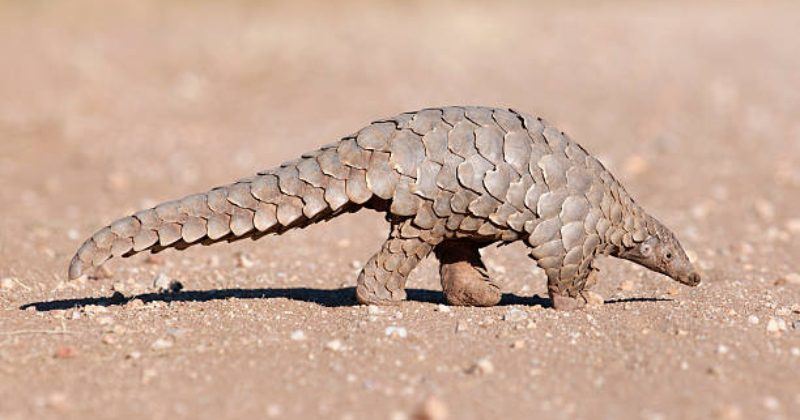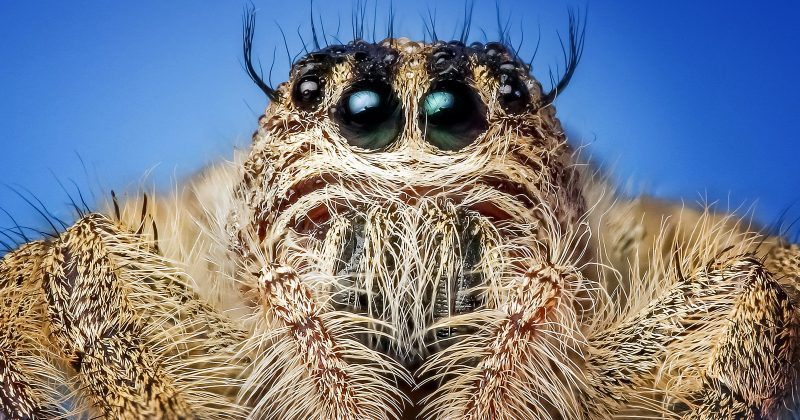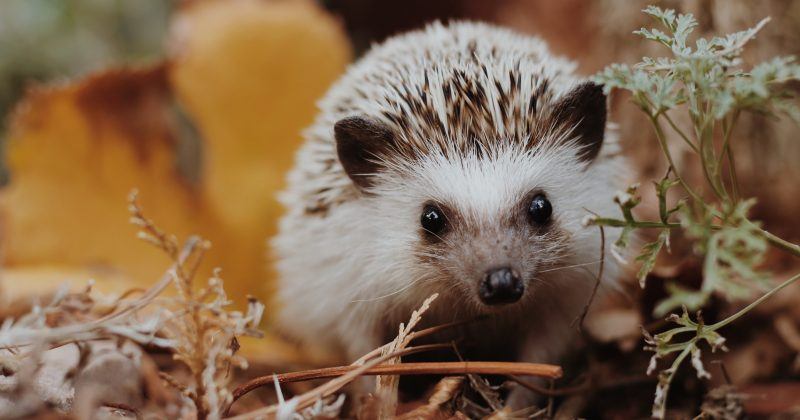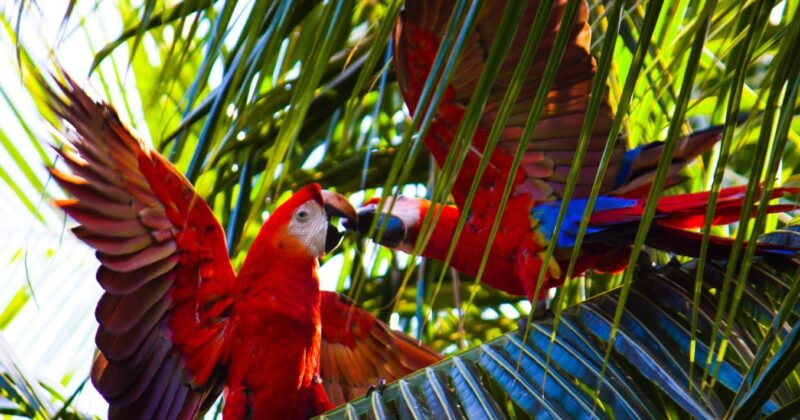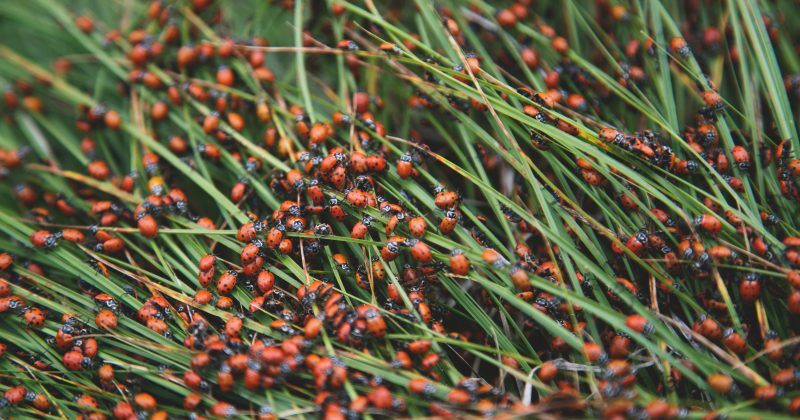
Insect Declines Matter!
We are witnessing the largest extinction event on earth since the late Permian… in other words, 250 million years ago.
Over the past 50 years we have reduced Earths wildlife abundance dramatically and many of the species that were once prevalent are now few and far between. Much of our attention is given to large charismatic animals and little is given to the smaller, some say, less attractive animals.
There are around one million known insect species, 41% of which are threatened with extinction. Staggeringly, there are estimated to be another four million insect species that we have yet to discover [1]. Although we are decades away from cataloguing the insect diversity of this planet, it is likely that many species will be lost before we ever recognised they existed.
More recently, evidence suggests that insect abundance has fallen by more than 50% since 1970, yet most people are unaware and have not even noticed that anything has changed....

